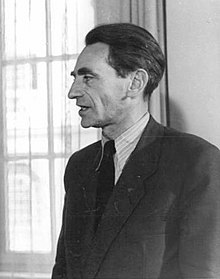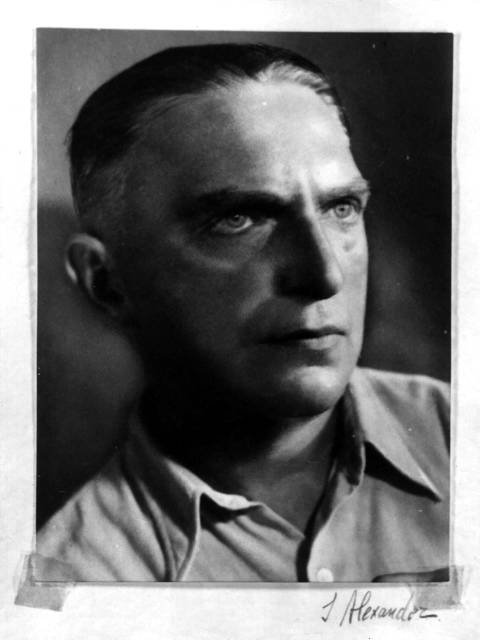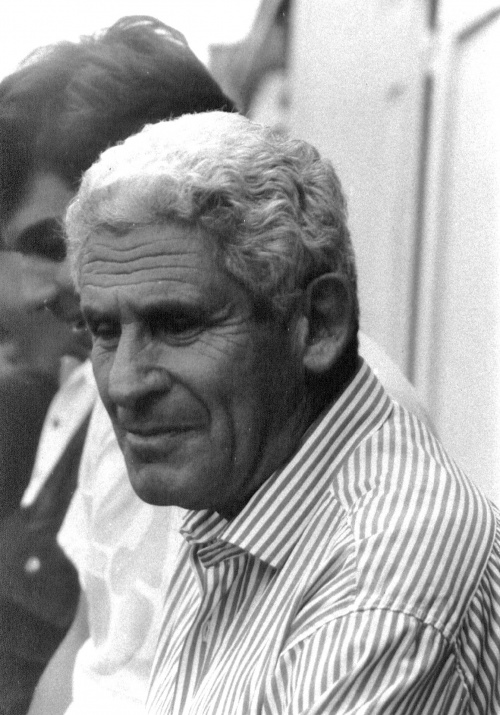Harry
6 Jul 2012 #181
You are the one who has claimed it is only a Polish work.
You are the one who has only offered us the Polish name of the work the alleged quote is supposedly taken from. I wonder why you have failed to provide us with the name of the English version of the work.
As Gross is fluent in both Polish and English I think he is more than capable of writing his own words equally well in both languages without the need for a translator.
So show us where he wrote the words "The entering Red Army was greeted with joy by the Jews." At the moment you have only showed us a translation of claim made by somebody else in Polish that Gross said in Polish something like that: show us where the fluent English-speaker Gross wrote "The entering Red Army was greeted with joy by the Jews." Or can you very simply not show us that because Gross never wrote those words?
Then, the complete truth also involves such elements as:
Of course it does. Just as it also involved the opposite of such elements, for example the fact that 100,000 Jews were serving in the Polish army at the beginning of September 1939. I have never denied that some Jews were unwilling to integrate and that some Jews were communists or that some Jews showed no loyalty to the Polish state. However, some people here try to deny that some Jews did want to integrate and that some Jews did show loyalty to the Polish state (the percentage of Jews in the Polish army matched the percentage of Jews in the Polish population as a whole): some people try to claim that all Jews greeted the Red Army with joy. Some posters refuse to give to Jews what all Poles owe to Jews (and what all Jews owe to Poles): the duty to tell the whole truth.





.jpg/220px-Arkady_Fiedler_(ojciec).jpg)




